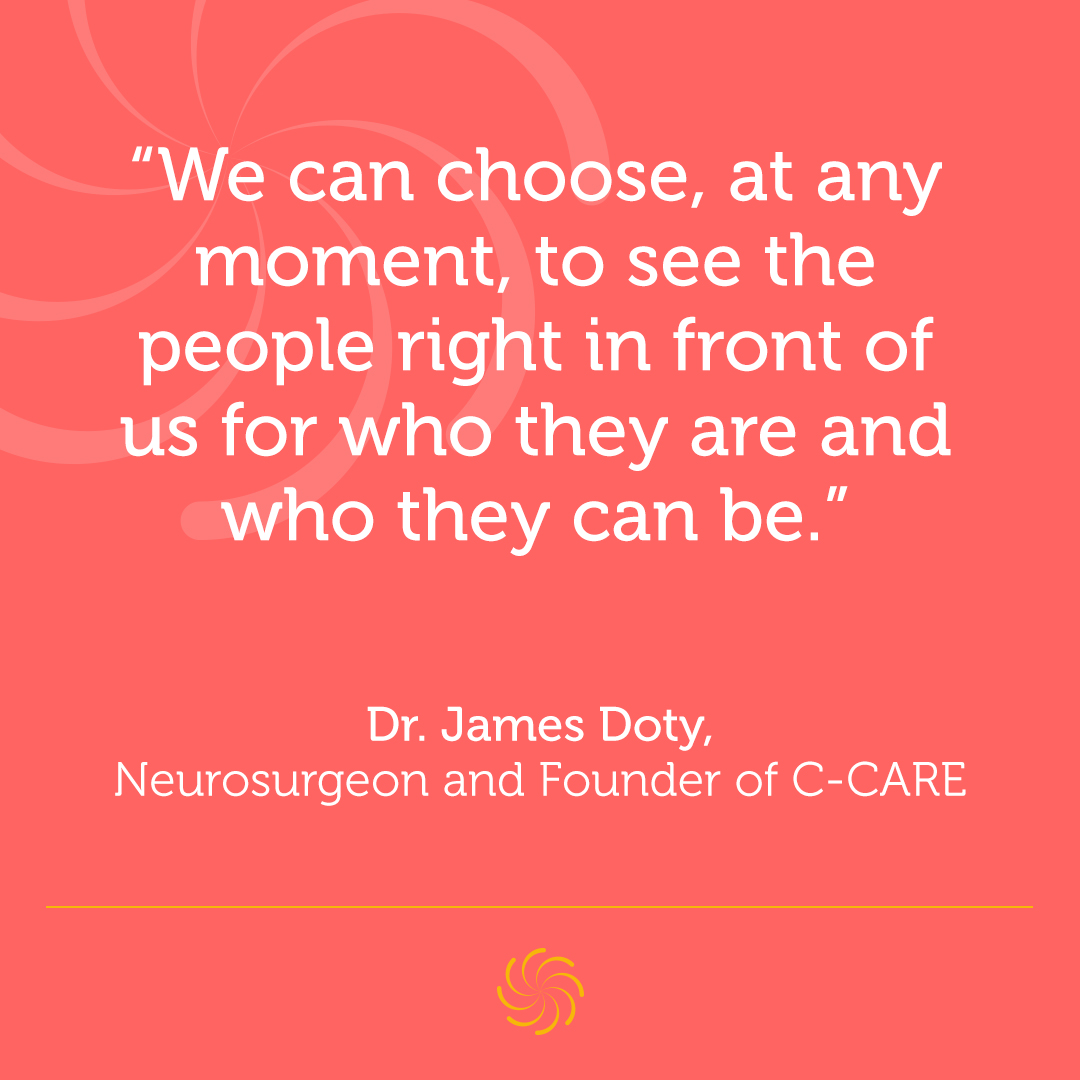Compassion in the Workplace
“I wouldn’t call it lying… I didn’t tell the whole truth because I cared. I knew it’d hurt (the person)” said the manager, “my intentions were good.”
Sound familiar?
We all do it. We lie with the intention of benefiting others.
There is even a name for it in organizational psychology, we call it “pro-social lying.” We face our peers, friends, loved ones, look them in the eye, and we tell them what we know to be partially true.
Despite our intentions, it is important to remember our actions cause an effect. There is an outcome to our intention. It may be that we don’t want to hurt someone or cause more pain, yet, we need to remember every time we engage in partial truth telling, we are possibly stripping the opportunity away from the other person to learn, to do things differently, to be a better version of their selves.
“I just find compassion to be in contrast with performance management?” continued the manager; this time, looking genuinely confused.
Compassion is not in contradiction with helping someone improve (their performance) – unless your focus is on pointing out what the other person is doing ‘wrong’. Being compassionate at work is about recognising someone’s suffering and acting to eliminate it at large. We often assume if someone is in need of coaching, they must have no desire to be or to do differently. That could certainly be the case, but it doesn’t have to be… In my experience, if someone is not meeting up to a particular expectation, they either do not have the awareness (they usually carry a different perception) or more commonly, they have a ‘feel’ for the situation and act in search of some guidance to change their reality. Either way, imagine coming to work everyday with that sort of disconnect and/or mental burden; what a painful and confusing experience that’d be…
We all experience suffering. We are bound to it by our human nature. And we all make mistakes. Every single one of us. Collectively, we make massive mistakes. That said, after a decade working alongside with people from all walks of life across multiple work environments and geographies, I can tell you with confidence that most of us come to work in search of meaning. Most of us sincerely want to add value and do right by our people. Most of us want to do well. So, we have a choice.
A choice to ground the foundation of our connection on honesty and to actively build trust.
That doesn’t mean people won’t break our trust from time to time. Yet, there are a hundred reasons as to why someone may not be living up to the expectations of an organization and/or meeting goals. Assuming they are only in it for the ride is not only unfaithful to the person receiving feedback, it is unjust to the organization at large.
Being compassionate also doesn’t mean we have to be ‘lovey/dovey’ or do away with the core message all together, it simply requires a different kind of managerial toughness. When we exercise compassion, we mental-ize someone’s thoughts, feelings, circumstances and actively engage in experience sharing, showing empathic concern. There is an activation of our neural system that drives social affiliation and caregiving. It leads to higher sensitivity and helps us connect to the reality of other without pre-judgments and/or bias. It also exudes joy for both parties involved – yes, even if we are delivering a difficult message because it guides us to focus the conversation in the right place: the joint experience of our humanity.
Over the course of my career, I have personally led 1000s of employment terminations and I never ever, not even once, had someone file a complaint. Of course, no one is going to thank you for cutting their position; yet we forget we are capable beings… We understand the circumstances if it is communicated well. The secret is in the treatment (with respect, dignity and honesty).
Compassion doesn’t get in the way of our authenticity. We do. Our capacity for standing in with truth, for facing conflict, and for connecting with others’ emotional state to lift them up get in the way.
Research shows us compassionate people leaders engage in driving impartiality by overcoming bias, in driving equanimity, in sharing gratitude by showing thanks, appreciation and empathy. They create this ‘care giving system’ that’s more sensitive, less aggressive, and honest. They understand morality is not just about being nice to one another; it is about being a deserving group member, serving a greater truth.
Exercise compassion and do people right by presenting honest feedback. Even if it feels uncomfortable to you as the messenger today, remember you are not in this alone and you may just be as thankful as the receiver tomorrow.
Honest connections go a long way. A long, long way… Choose to build trust.
HR by Love: An Invitation to a Collaborative Future

I have been on the road the past four weeks.Read more…





Comments are closed.